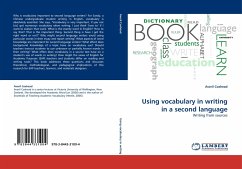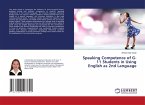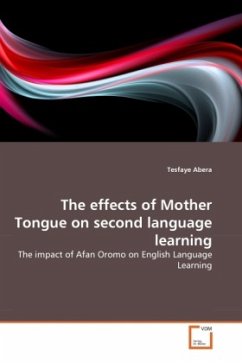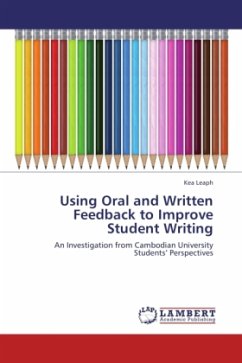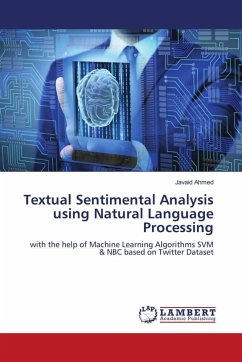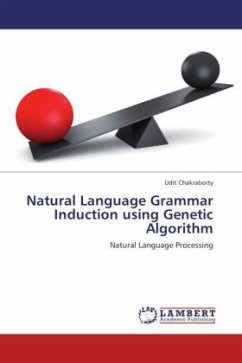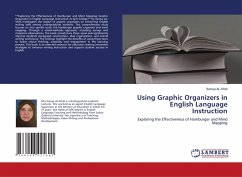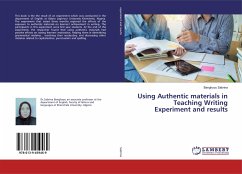Why is vocabulary important to second language writers? For Sandy, a Chinese undergraduate student writing in English, vocabulary is absolutely essential. She says, "Vocabulary is very important, if you not [sic] got numerous vocabulary when writing. I just think how to' if I want to explain that word. What is the exactly word in English? How to say that? That is the important thing. Second thing is have I got the right word or not?" Why might second language writers avoid using particular words in their essay and report writing? What aspects of word knowledge are important for second language writers? What effect does background knowledge of a topic have on vocabulary use? Should teachers instruct students to use unknown or partially known words in their writing? What effect does vocabulary in a source text have on a student's use of words in writing? How might the views of English for Academic Purposes (EAP) teachers and students differ on reading and writing tasks? This book addresses these questions and discusses theoretical, methodological, and pedagogical implications of this research for EAP teachers, learners, and materials designers.
Bitte wählen Sie Ihr Anliegen aus.
Rechnungen
Retourenschein anfordern
Bestellstatus
Storno

